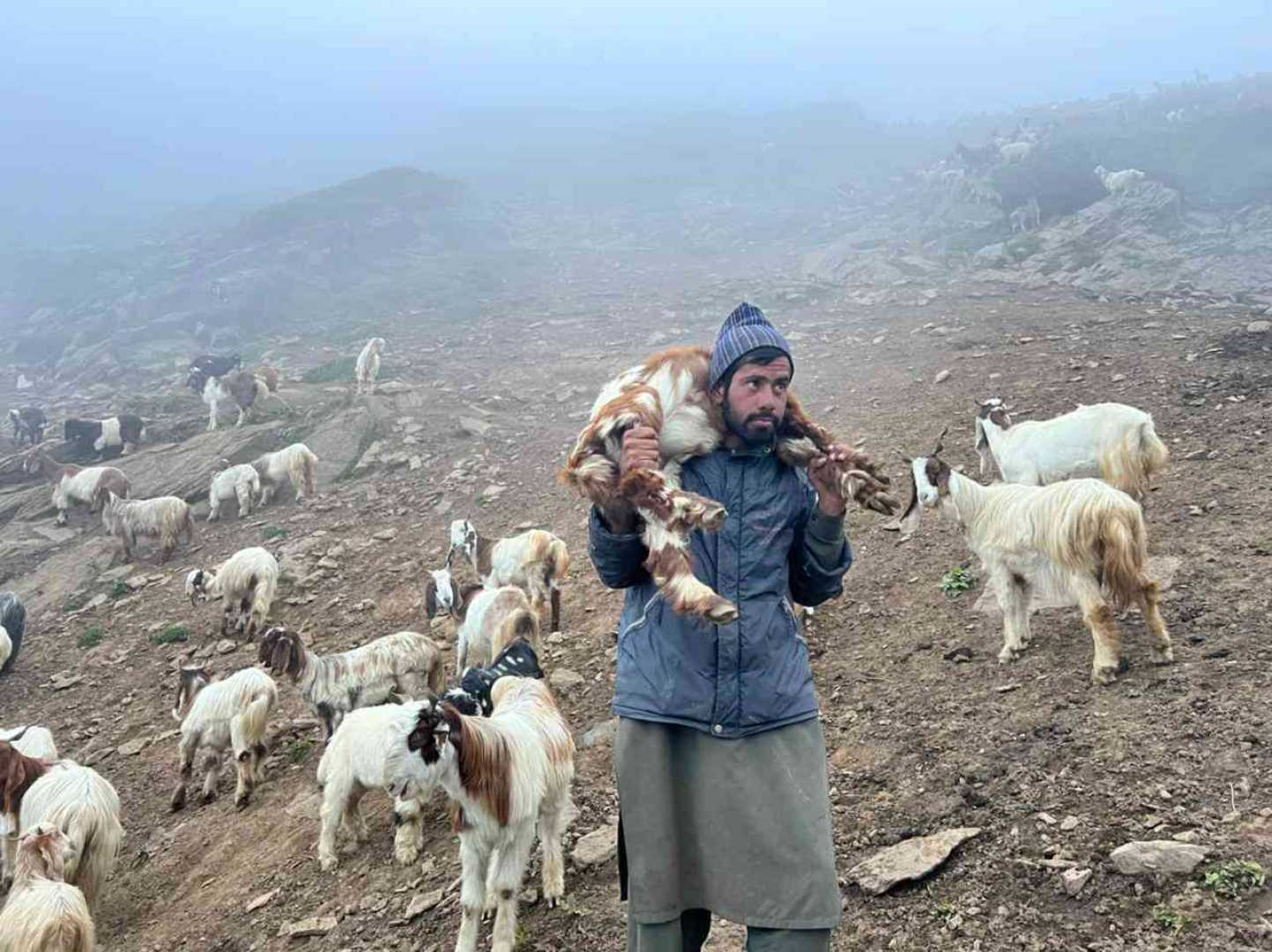News
Unusual May Snow Disrupts Kashmir Shepherds’ Seasonal Migration

Srinagar, India – In late May, an unexpected snowfall blanketed parts of Kashmir, disrupting the annual migration of shepherds to higher pastures just as they prepared to move their flocks. Areas like Margan, Warwan, and Gurez have seen trails and crops, including maize fields, covered under a thick layer of snow.
Bashir Ahmad, a Gujjar herder from Kulgam, recounted his experience amid the snowstorm. ‘We were moving up with the herds when it started snowing. We thought it would stop, but it didn’t. We lost ten lambs in one night,’ he said, illustrating the severity of the weather’s impact on livestock and crops.
The adverse weather has left many nomadic communities, including the Gujjar-Bakarwals and Chopans, struggling as they depend on a predictable seasonal rhythm for their livelihoods. With the onset of snow at a critical time, the traditional timing of their migration is thrown into chaos. This change not only endangers livestock but also threatens the delicate balance of their economy.
Mohammad Yousuf Tarigami, a veteran politician from Kulgam, emphasized the need for immediate relief measures for the affected families. ‘They’ve lost crops and livestock, and in some places, they’ve even lost their very season,’ he stated, calling for respect for their traditional way of life.
In Gurez, mothers dug out buried maize saplings in a desperate attempt to save their crops. In Warwan, children huddled around a newborn goat, attempting to warm it over coals as elders debated the risks of continuing their migration. ‘There’s no pattern anymore,’ said Hameeda, a Chopan woman camped above Shopian. ‘Last year it rained too long. This year, it snowed too soon. What happens next?’
The government has not yet released a comprehensive damage report, and many areas remain inaccessible due to blocked roads. As the snow melts, the community feels the weight of helplessness. The uncertainty about the seasons has created anxiety among families reliant on the land, as they contemplate what the future holds for their way of life.
Despite these challenges, for many in the region, the enduring hope is that the traditional rhythms of seasonal migration will return. However, this incident serves as a stark reminder of the vulnerability of their lifestyle, impacted not just by weather patterns, but by broader environmental changes.












